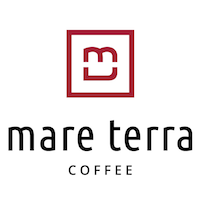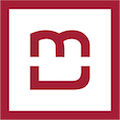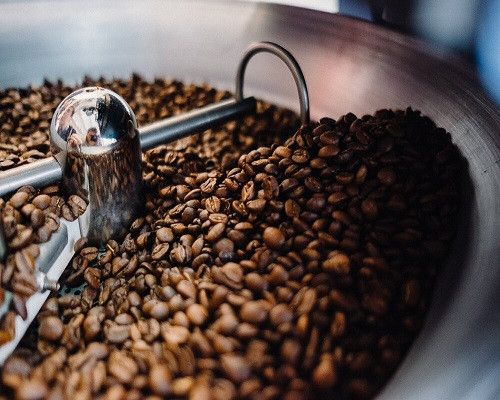Comparative Study of Roasting Machines
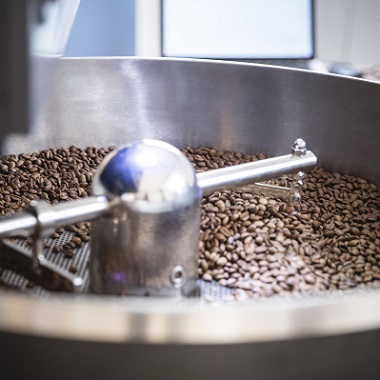
Objective
Comparison between different roasting systems
Loring, Giesen and Probat use different roasting systems that are determined by the form of thermal transmission used, that is, the way they are to transmit heat to coffee beans. Some mainly use convection transmission, that is, through the flow of air, while others are mainly characterized by using conduction transmission, that is, heat is transmitted by direct contact with the metal of the toaster.
Our objective in this study is to obtain technical and sensory data that allow us to determine how the different roasting systems affect the physical and chemical properties of coffee beans, the degassing process and the final cup result. Our belief is that there is a better roasting machine depending on the type of coffee we are going to roast and also for each business model.
Investigation
Different coffee and roasting profiles
In March 2019, our R&D department together with Mare Terra Institute introduced a new research approach for the roasting educational module and we decided to conduct this experiment on the differences involved in the different ways of thermal transfer used by the main brands of roasters of coffee.
For research we use three types of coffee: premium natural coffee with a score greater than 80, washed coffee with a score greater than 83 and specialty coffee with a score greater than 86 points. Each coffee also roasts 2 to 4 different profiles.
As a result we get coffee samples that are analyzed according to the protocol in a period of 1, 5, 10 and 15 days after roasting.
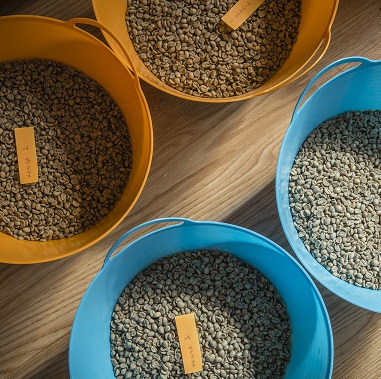
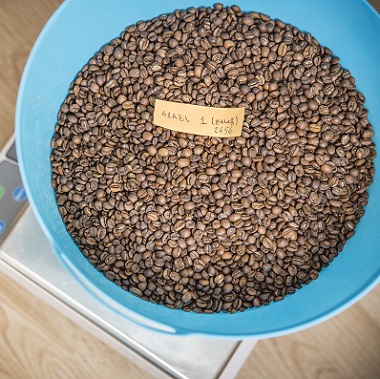
Training
Thermal transfer studies
The research is being carried out in different courses and in the first editions it has been very interesting to carry out, together with our students, the comparison of the different roasting systems. In this formation we have observed how the differences in the thermal transfer of the toaster that we use make the roasting process different and the chemical and physical properties of coffee beans vary.
On the other hand, the final result of cup coffee is analyzed remotely with a system in which all the participants in the course receive all samples in the following two weeks and evaluate them regularly with a special protocol.
With these evaluation sheets completed by all participants, we collect all the data, analyze them and share the conclusions.
Results
Global analysis of the different courses
After the completion of the different courses in different countries, the global information will be collected and an analysis will be carried out with the participants and a virtual discussion together.
The results of this research will be presented at the Coffee Encounters event, on October 25 and 26 in Barcelona.
This knowledge will help roasters choose the optimal roasting system based on coffee, style, logistics of their company and other determining factors.
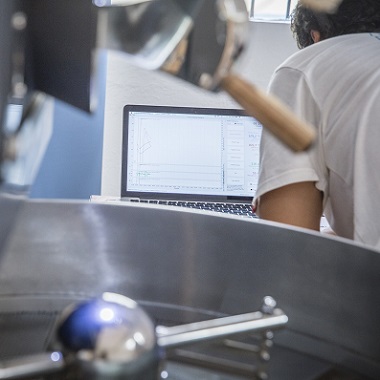

Online Survey
Supplementary information for field work
Also in the coming weeks we will conduct an online survey for roasters whose objective is to obtain more data to support the research we are conducting.
